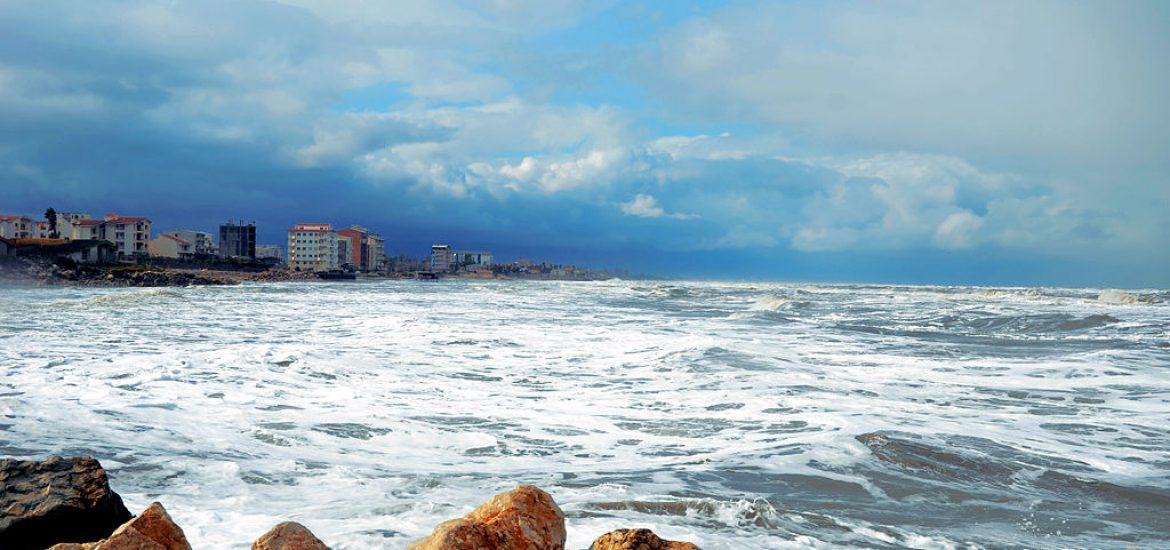
On August 12, the five states that have Caspian coastline – Russia, Azerbaijan, Iran, Kazakhstan and Turkmenistan – are due to meet in the Kazakh port of Aktau to discuss the legal status of the energy-rich basin to establish an agreement on how its resources should be divided.
On Friday, the five signed the Environment Impact Assessment Protocol under the Tehran Convention, committing them to follow a set of harmonised practical procedures for assessing the impact that a project will have on the environment in another state.
Russia and Iran have so far blocked the construction of pipelines under the Caspian Sea, citing environmental issues and arguing that construction projects need the consent of all five countries.
But Moscow has probably been motivated by the fear of losing its grip on the European energy markets enjoyed Russian gas importer, Gazprom.
Turkmenistan holds the world’s fourth-largest natural gas reserves (19.5 trillion cubic metres) but the bulk is in the southeastern with only 12 per cent in the Caspian basin. Its exports are almost totally dominated by China, making the repressive state keen to open a route to the west.
According to Article 14 of the draft Caspian Sea Convention, which is due to be signed at the five-nation summit, states can build underwater pipelines with the approval only of the countries through whose sectors of the sea the pipeline would pass. Azerbaijan and Turkmenistan have both called for this since 2010 but have faced opposition from Russia and Iran.
The environmental cooperation of the Caspian states was praised by members of the international community.
“It’s fantastic to see the Caspian Sea’s littoral states come together and commit to the future well-being of this jewel of the region and unique ecosystem. I’m convinced this will be a big win for the region’s environment, economy and long-term security,” said UN environment chief Erik Solheim. “It also sends a strong message around the world that sustainable development is one issue that we can all get behind together.”
Kazakhstan‘s section of the Caspian Sea contains most of the basin’s largest known oil fields, such as Tengiz, which produced 570,000 barrels of oil per day last year, and Kashagan with 13 billion barrels of estimated oil reserves.
Kazakhstan is keen to diversify its markets as its oil and gas export routes are only directed to Russia and China.
Azerbaijan is therefore a key transit hub for Kazakhstan.
There is also talk of an LNG plant in western Kazakhstan and, after a decade, the Kazakhs and Azeris are working to revive the Trans-Caspian Oil Transport System with an underwater pipeline from Kuryk near Aktau to Azerbaijan’s capital Baku.
Noor in Iran. The legal limbo of the Caspian “lake” might end next month. Picture credit: Wikimedia





